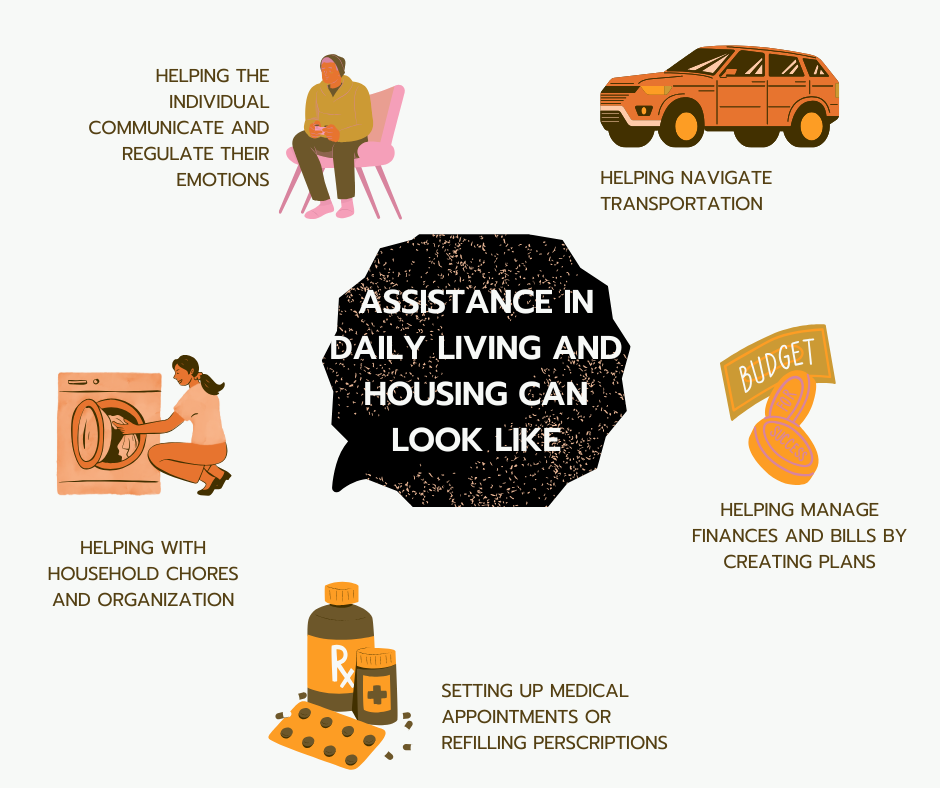Canadian Housing Crisis
Canada is undeniably in the midst of a housing crisis, with many individuals struggling to find temporary accommodations or experiencing some form of homelessness, while others have abandoned the dream of homeownership altogether.
Homelessness, as defined by the Canadian Observatory on Homelessness (2017), is “the situation of an individual, family or community without stable, safe, permanent, appropriate housing, or the immediate prospect, means and ability of acquiring it”.
According to recent government statistics, 118,329 people experienced homelessness in 2023, and over one in ten Canadians—approximately 1.69 million people—have experienced homelessness at some point in their lives. Safe and secure housing is not only a fundamental human right, as recognized by both the United Nations and the Canadian Government, but also a key social determinant of health.
Unfortunately, many vulnerable and marginalized groups are at a heightened risk of experiencing homelessness and housing insecurity due to factors beyond their control. Individuals with FASD often encounter additional complexities and challenges when trying to secure safe and stable housing, making them disproportionately affected by Canada’s housing crisis.
The Canadian housing crisis is often oversimplified, with proposed solutions focusing primarily on building more homes and making them affordable. While these measures are important and beneficial for many Canadians, they do not address the additional, complex housing barriers faced by individuals with FASD, such as the mind-body effects of prenatal alcohol exposure and discrimination.
Studies estimate that 80% of youth and young adults with FASD have struggled to maintain independent housing. Individuals with FASD may experience challenges in areas such as memory, cognition, adaptive functioning, and regulating emotions. Without appropriate accommodations, many housing options are unsuitable for individuals with FASD. For example, many tenants with FASD struggle to pay rent due to financial insecurity, difficulty sustaining employment, and problems with memory, such as remembering payment deadlines.
Although financial assistance is available, individuals with FASD often face barriers to accessing it, as application processes are not always FASD-informed or designed to include appropriate support. Additionally, memory-related challenges associated with FASD can make aspects of daily living more difficult. For some individuals with more significant impairments, remembering the date—or when rent is due—may require ongoing assistance and structured support that is not always available in rental situations. Moreover, each individual with FASD is unique, such that some may require more hands-on support while others might benefit from minimal assistance; therefore, accommodations that suit one individual may not be suitable for another.
Without appropriate, individualized accommodations and an understanding of FASD, individuals may struggle to access or maintain housing and be unfairly seen as 'uncooperative,' 'lazy,' or 'defiant'—when in fact they are navigating significant neurodevelopmental challenges. Supporting stable and accessible housing for people with FASD requires FASD-informed services, increased awareness among providers and systems, and a focus on interdependence.
FASD and Housing: Current Situation
Daily Living Supports in Practice
Each person with FASD is unique, with different strengths, challenges, and a range of support needs.
For example, some individuals with FASD can benefit from complete support in multiple areas, while others appreciate support in fewer areas. Research on the lived experiences of people with FASD in today's housing system is growing. While many studies note ongoing challenges, they also emphasize the crucial role of support from caregivers, staff, and service providers.
In a study by Gault et al. (2024), individuals with FASD of varying needs highlighted the positive impact of understanding and FASD-informed support networks, which helped them with daily living tasks, such as organization, time management, interpersonal communication, transportation, and household tasks. Similarly, another study found that caregivers viewed continued, adaptable support as essential to successful independent housing solutions for individuals with FASD—support that is flexible and tailored to the individual's specific needs.
Interdependence means striking a balance between support and respect for autonomy, enabling individuals to utilize their strengths while feeling encouraged to seek help when needed. Interdependent housing arrangements benefit everyone, and for individuals with FASD, they are essential and support self-determination. Research shows that self-determination is key to well-being, but within current housing systems—especially those focused on independence—it can be difficult for individuals with disabilities to achieve.
Interdependence
-
This is a research article by McLachlan and colleagues that was published in 2020. Using data from 26 FASD diagnostic clinics in Canada, researchers characterized common difficulties experienced by individuals with and without FASD in different life stages to identify potential differences and risk factors. The paper does an excellent job of demonstrating how individual needs, challenges, and strengths evolve over time.
To read the full article about difficulties in daily living, follow this link.
-
A research study conducted by Hargove and colleagues (2024) that characterizes the types and prevalence of adversity experienced by individuals with FASD throughout their lifetime.
To read more about living experiences of individuals with FASD, follow this link.
-
-
The preliminary results from the CHOoSE project provides a great overview of barriers and enablers to housing and support.


